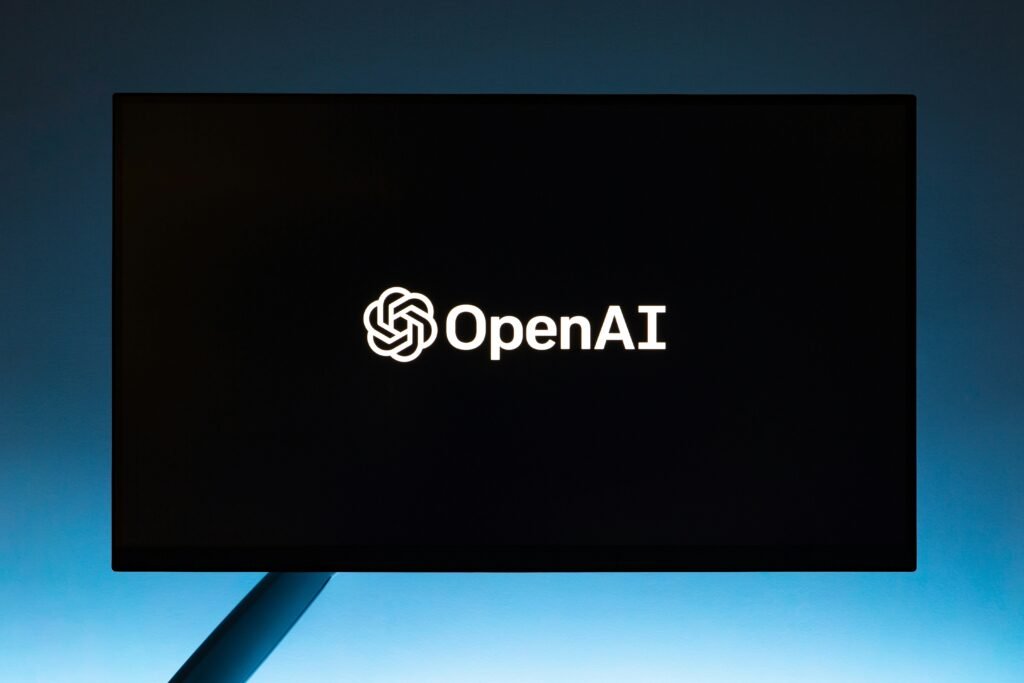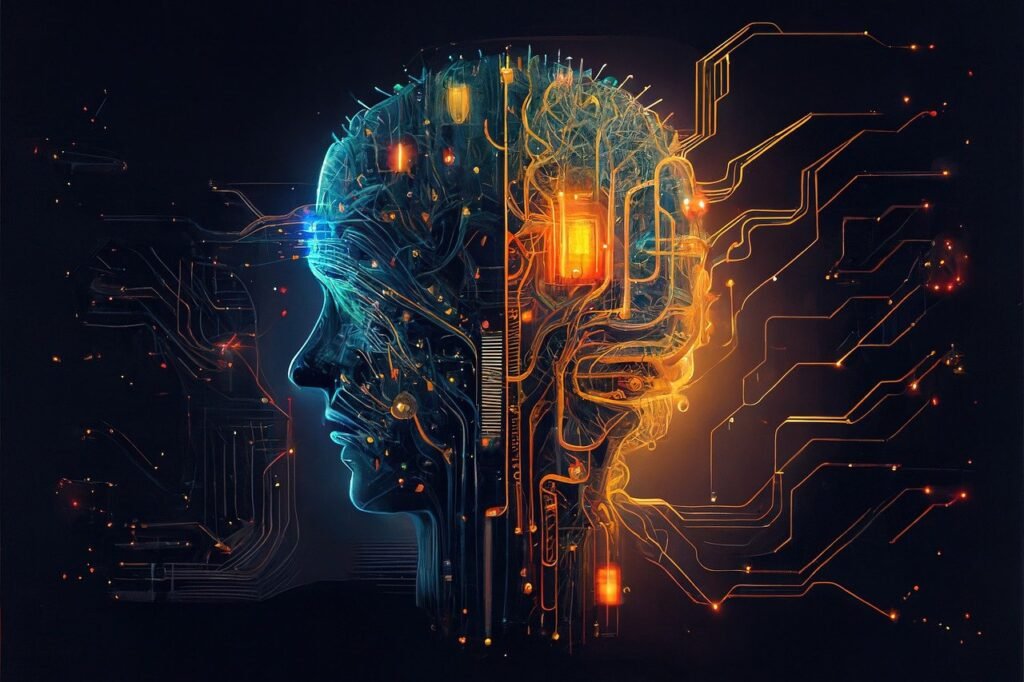Startups and organizations worldwide are focusing on advancing their technology with Artificial Intelligence (AI). Being leaders in this field is crucial in the competitive tech market.
Big companies like OpenAI, Google, xAI, Meta, and Microsoft are constantly competing to enhance their chatbots and search engines with AI. Recently, news about their new AI projects has flooded the internet.

OpenAI has been in the spotlight since launching ChatGPT and its updates (GPT-3.5, GPT-4, and GPT-4o). They have now announced they are working on a new AI model to replace GPT-4.
This new model will improve chatbots, create images, enhance search engines, and act as a digital assistant. It is also expected to use artificial general intelligence (AGI), enabling machines to perform tasks as well as humans can.
AI Giants Unleash Powerful New Models
Google has introduced new additions to its AI model series, Gemini. The latest, Gemini 1.5 Pro, has a token window of two million units, supports about 35 languages, and offers better reasoning and image recognition. According to CEO Sundar Pichai, it has the longest context window of any AI model, meaning it can process more data than its competitors. Notably, Gemini 1.5 was launched just one day after OpenAI’s GPT-4o, highlighting the intense competition.
Elon Musk’s startup, xAI, is also making strides in AI. This week, the startup raised $6 billion, boosting its valuation to $24 billion. The funding will be used to build new infrastructure, launch products, and speed up technology development. One key initiative is Grok, an advanced version of ChatGPT-4, currently available only to premium subscribers of X (formerly Twitter).
Grok has access to real-time information from X, answers questions with a witty and rebellious style, and last week, Musk announced plans to power it with a supercomputer.

The Race Continues
Meta, formerly known as Facebook, is also making efforts to keep pace with these advancements. Recently, a research paper from the Chameleon team gained attention from various media outlets. The paper introduced a new multimodal language model called ‘Chameleon’, which boasts enhanced accuracy and the ability to analyze both text and images together, giving it unique capabilities.
Meanwhile, Microsoft has partnered with OpenAI in a multi-billion dollar collaboration to advance AI breakthroughs. Additionally, Microsoft is developing its models, including the upcoming language learning model MAI-1, expected to outperform previous Microsoft models.
Despite the impressive integration of AI in current search engines and chatbots, there are more innovations on the horizon. Hybrid AI search engines may soon evolve to possess more human-like abilities. However, these rapid developments in technology also raise certain implications.
Shaping the Future
Big technology companies are rushing to invest more money and resources, showing how important it is to shape and control the future of technology. This surge in technology progress is attracting a lot of attention from investors. But, it also brings up a big problem: the rules and laws aren’t keeping up with how fast technology is changing. This could mean there are gaps in how we regulate and watch over new tech.
Europe’s ‘AI Act’, a set of rules made by the European Commission in 2021, was finally approved on May 22. But it won’t start affecting the 27 countries in the bloc until 2026.
Even though new technology might be able to handle more and more information, there are still worries about doing it ethically. Recently, two important people from OpenAI’s team, Ilya Sutskever and Jan Leike, who were responsible for making sure future AI models were safe, left the company.

[…] businesses include Tesla, SpaceX, X (formerly Twitter), Starlink, Neuralink, and his new AI project, […]